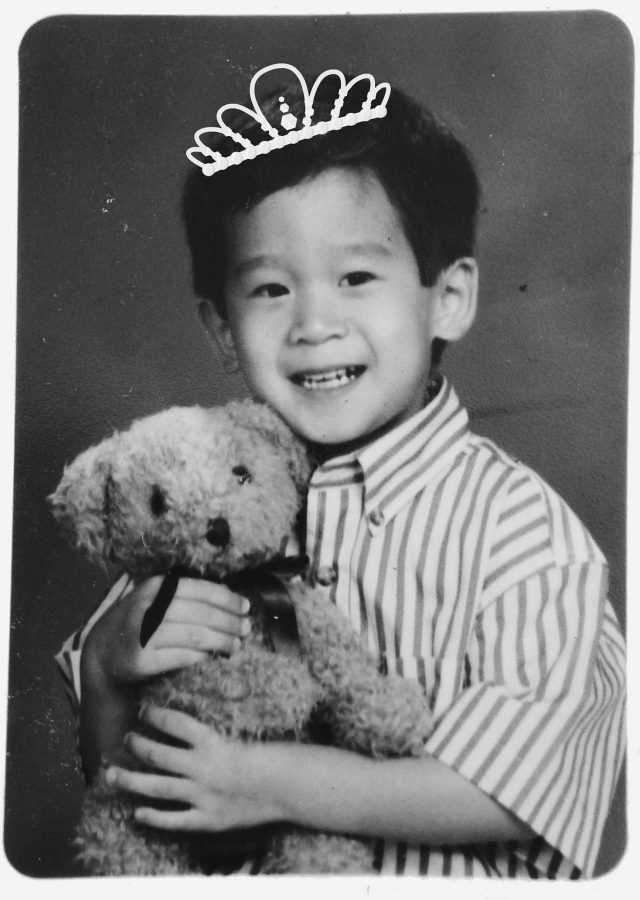I set out writing this column after some banter in the UCSD Guardian’s office. I was talking about how I do these traditionally feminine activities, like cooking and cleaning, and genuinely like it. I was originally planning to write about “female” activities I partake in, normalizing the idea of self-identified males doing said activities. I would be accepting — not questioning — these socially constructed notions.
Reflection led to a new angle. Rather than writing about my experiences with “female” activities, I wanted to explore what made them “female.” I wanted to explore further what led to anything being determined feminine or masculine and how those binaries were created, cultivated and continued. In the end, I wanted to challenge the commonplace perceptions on gender. What I’ve gained from this foray is that we, particularly heterosexual cisgendered males, should not take our patriarchal society at face-value. Just because it is the status-quo does not mean it should be. And knowing that should precipitate more than passive discontent — it should encourage the active commitment to recognize gender inequalities and challenge systems that unfairly advantage some over others.
A way men might go against patriarchal structures is saying they are feminists. It’s a start, but I believe the impact is beyond identifying as a buzzword. Rather, it’s understanding what type of feminist you are and what you do about it. The website everyday feminism classifies feminism under two categories: feminism as a movement for and about women, and feminism as a movement for gender justice. The latter, which I identify with, addresses how the patriarchy not only adversely affects women but how it similarly affects men. Although women are more systemically oppressed by the patriarchy, it is equally important to acknowledge that as long as women are oppressed, men are also shackled to specific gender constructs. Furthermore, identifying as a feminist should be followed with the understanding of intersectionality. Other factors, like ethnicity and socioeconomic status, are integral aspects of identity which makes gender more nuanced and unequal for some.
This more holistic understanding of gender and its complexities was the result of my own research, conversations with women who have varying intersectionalities in gender, ethnicity and fields of study (thank you, friends and faculty of UCSD) and curiosity. At the beginning of this, I was naive and unquestioning. I did not see myself as having any special privilege or advantage over others and none in particular over women. I did not think that identifying as female, or just being seen as one, carried with it so many experiences I would never encounter or truly understand. I did not think that in the lottery of genders, I actually came out on the luckier side (while acknowledging that being a heterosexual cisgendered male, Vietnamese in ethnicity and middle class in income plays a large role into my privilege). Because of all these stark realizations, I am actively choosing to be a feminist, to think critically about how my privilege has gotten me to where I am today and to purposefully have conversations that will gradually dismantle the established patriarchy and diminish gender inequality. And so should other men who choose to remain silent on their privilege and actively oppress others, even if by doing nothing at all.








